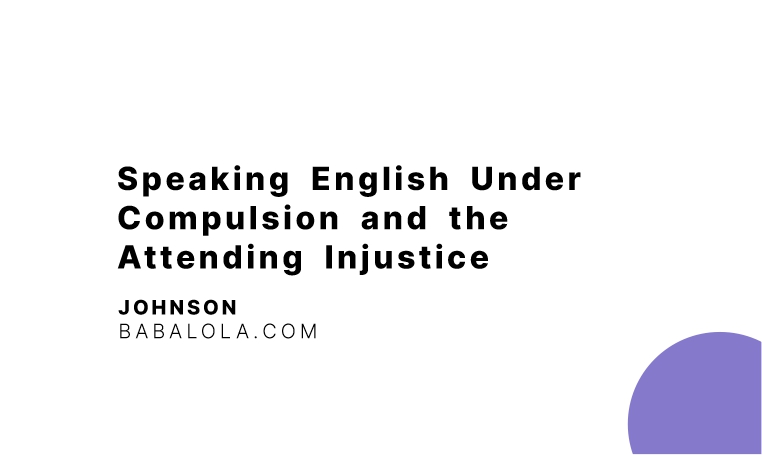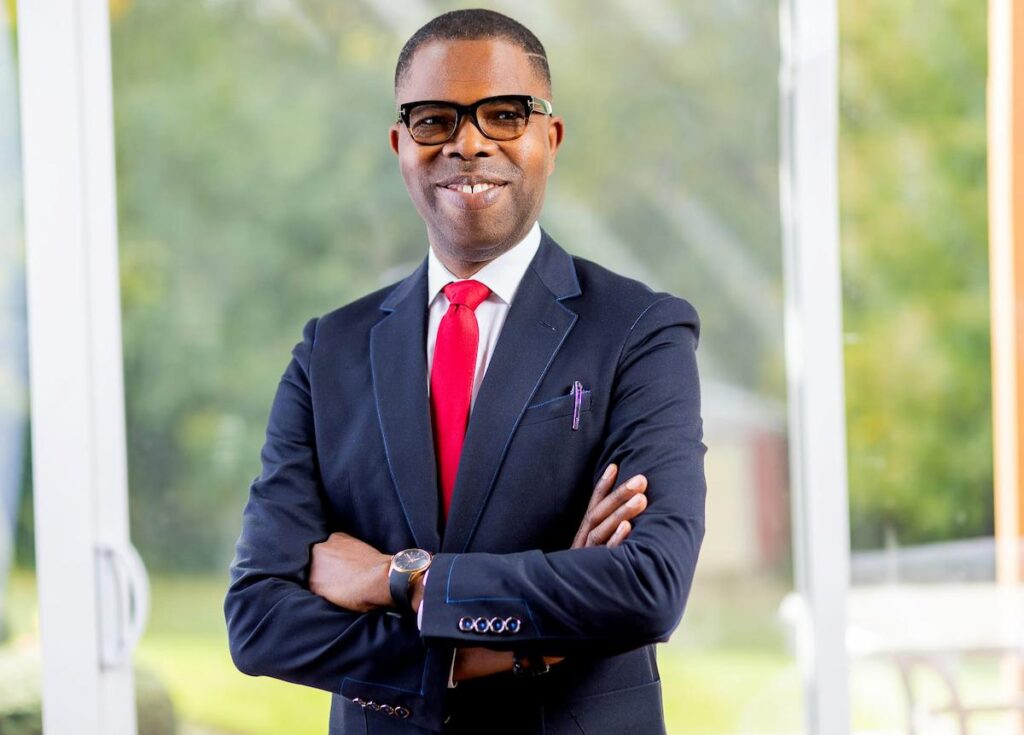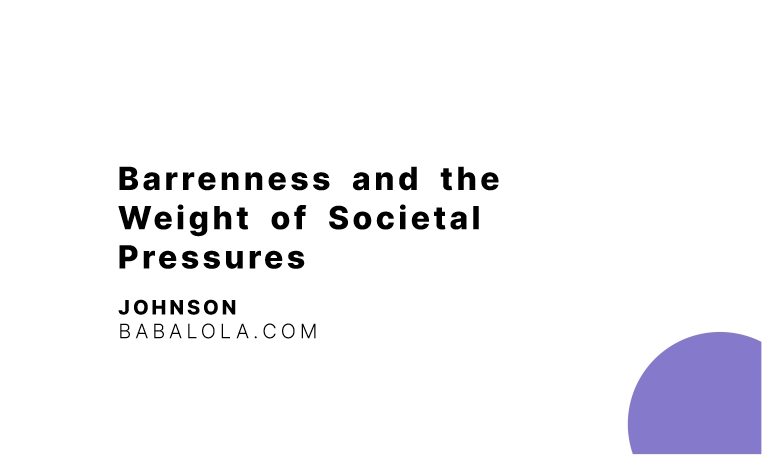Speaking English Under Compulsion and the Attending Injustice

“No vernacular” was one of the first statements I was told as a high school student in Nigeria years ago. “What is vernacular ma?, one of my classmates asked. “The local language ordinary people like you speak,” the teacher responded. “You must always communicate in English. If you speak any other language, you will be severely punished,” she said, emphasizing the word “punished.”
With those statements, a dual social class system of students based on English language skills emerged. We referred to those who could speak and understand English as “Aso,” which loosely meant a sophisticated individual. Those who struggled to speak the language were referred to as “Agbe,” which meant a farmer. At the time, only the uneducated mostly went into farming.
The effect of the “No vernacular” policy at the school was immediate. While the Asos were very expressive, the Agbes were the opposite. They would not contribute to discussions in class and became recluses. They turned to other methods to communicate with one another, including self-made sign languages. The Agbes would quietly whisper in their native languages when away from the pry eyes of the teachers, the hostel masters or mistresses, senior students and the Asos. They were always together for support. So, a true meaning was given to the saying that birds of the same feather flock together.
The struggle of the Agbes was exploited by the teachers and the Asos. Some were made fun of because of their struggle to put sentences together in English and others because of their accents. Many Agbes were openly ridiculed by teachers and fellow students. They would be called to answer questions in class, and when they struggled to put their sentences together, would be laughed at. “You should be ashamed of yourselves”, they were often told by teachers who would also compare them to other students who were very expressive. Given the level of bullying and abuse, the self-esteem of some students was affected while a few dropped out of school entirely.
I recall an incident that spoke to how injustice could have occurred through the “No vernacular” policy at the time. Two students, Students A and B, got into a fight in their hostel. They were called to narrate what led to their fight by the hostel prefect, a final year student at the school who was responsible for maintaining law and order in the hostel. Student A, who was an Aso, was able to put his narration together. He was coherent, confident, and clear. In his narration, he heaped the blame on Student B, who in turn, made unsuccessful efforts to provide his own side of what had led to the fight. He kept repeating “ehh … ehh.. thank you …A come, take my pen …. ehhh …. finish am … ehhh” which attracted the attention of other students who began to ridicule him. He started crying. The hostel prefect was already in agreement with A that B was at fault but for the timely intervention of another senior student who pleaded with the house prefect to kindly allow B to express himself in Yoruba, his native language. This was the only support B got. The house prefect obliged, and B was able to narrate his side of his story fluently and confidently. He was from a poor home and his parents had struggled to raise enough money to buy him a fountain pen. A had asked to use the pen which he had obliged him. Unfortunately, A had damaged the pen and rather than apologize, he chose to make fun of B’s lack of sophistication and told him to go to hell. Justice was only served because both students were allowed to express themselves in the languages, they were both comfortable with.
Rather than allow teachings and expressions in native and foreign languages to co-exist, many residents of developing countries are deprived of achieving their potentials because they are boxed into the corner of “No vernacular.” The good news is that some individuals, deliberately took steps to improve on their English language skills. Student B, for example, did not allow his “shortcomings” as perceived by others to define his future. He asked for assistance from a few teachers and students who were willing to help. He got himself a language mentor, proceeded to university to study Chemistry and became a teacher himself. While he understood that the ability to communicate in English was important, he would also break his teachings to his students in their local language to help them have a thorough understanding of the subject matter. To him, if injustice and poverty are to be fought head on, it must start with helping the Agbes of this world to build their confidence, self-esteem and equip them with the knowledge that they equally belong to the same society as the Asos.
Johnson Babalola, a Canada and Nigeria based lawyer, leadership consultant, storyteller and corporate emcee, is a public affairs analyst. Follow him for discussions on real life issues that affect us all.
You can obtain a copy of his newly released book, REJECTED on Amazon, FriesenPress, Barnes & Noble, Kobo, Google Play, Apple Books, Nook Store etc.



